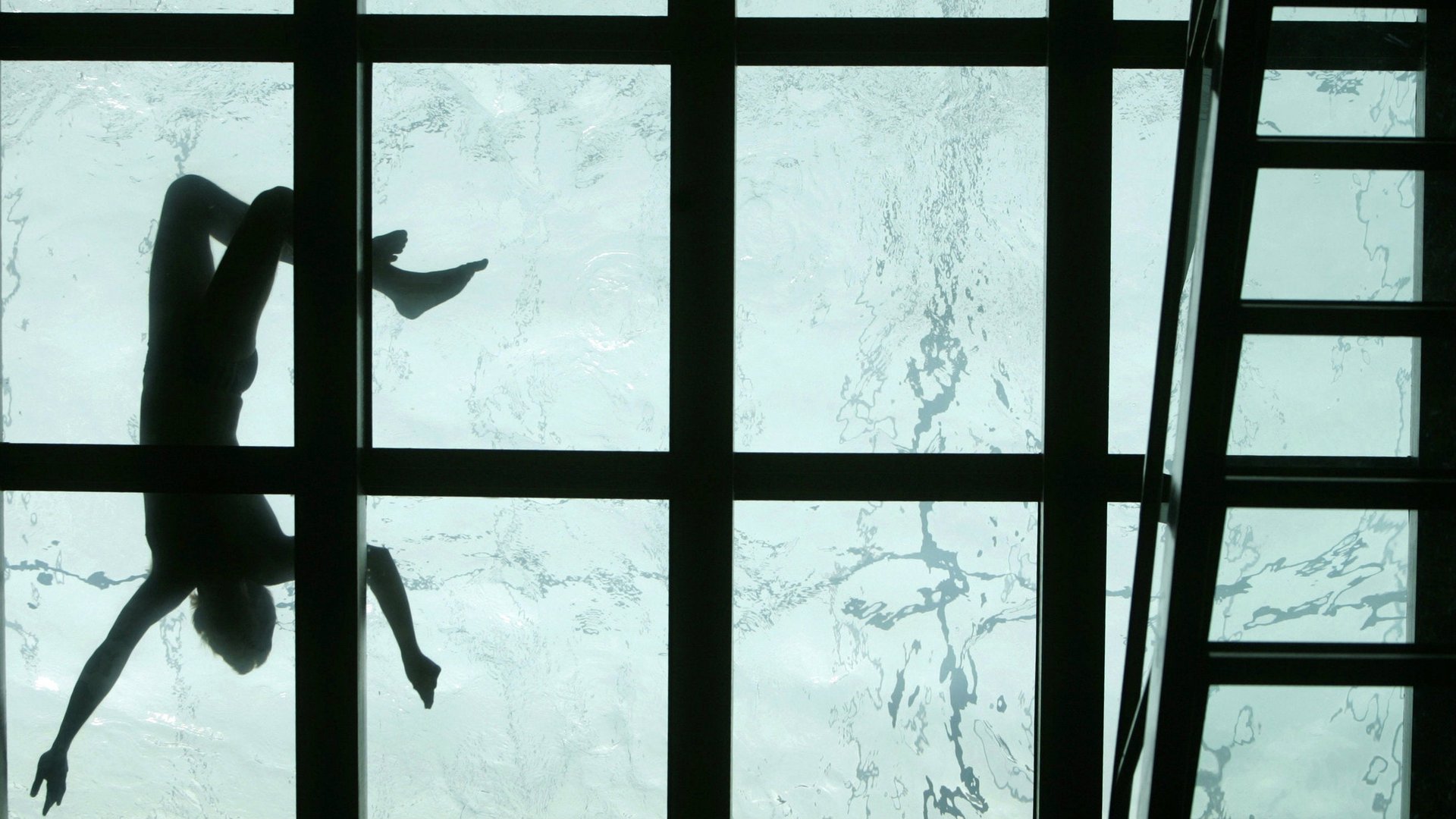Millennials are turning business travel into weekend getaways
“Traveling for business or pleasure?” is increasingly a question of the past. At least that’s the case with the much-courted millennial travel demographic, who are driving the trend of mixing the two, giving rise to the inevitable (if slightly cringe-y) portmanteau of “bleisure.”


“Traveling for business or pleasure?” is increasingly a question of the past. At least that’s the case with the much-courted millennial travel demographic, who are driving the trend of mixing the two, giving rise to the inevitable (if slightly cringe-y) portmanteau of “bleisure.”
Historically, the travel industry has treated different demographics as distinct entities, with little overlap. There are business travelers checking into a standard Sheraton or Hilton and racking up loyalty points for a blow out summer vacation at a luxury property in Maui. And then there are those experience-obsessed, budget-conscious millennials, who are supposedly seeking more frequent and off-the-beaten-track trips using the likes of Airbnb.
But of course, millennials go on business trips, too. And when they do, they’re increasingly planning them in the same way they would a weekend away—which is perhaps why travel companies are adapting to their needs.
Sam Shank is the CEO of HotelTonight. While the app was founded in 2010 on the basis of booking super-last-minute hotels, last year it expanded to offering bookings up to three months in advance. The company says it curates its offerings more than competitors like Booking.com or Expedia, with 90% of its hotel listings falling into what Shank describes as “boutique, independent, and/or distinctive hotels.” In 2017, the company saw a roughly 50% spike in annual usage of the app for business travel, with some travelers tacking on weekends away to their business trips.
“When we launched, we didn’t really know what type of customers we were going to get. The first market it resonated with was the weekend-warrior, weekend-getaway type going to Napa or the Hamptons; then [it was people] doing staycation nights in the city,” Shank said. “Now we’re seeing a lot of growth in experiential business travel, where people are looking to combine a great, non-touristy place to stay with an easy booking experience—and great value for their company.”
Bleisure has even inspired a clothing line in the form of Par en Par, a resort-wear brand that’s designed to easily take you from conference room to urban exploration. Meanwhile, lifestyle travel brands like luggage company Away Travel have put an entrepreneurial spin on their content, positioning their products as much for the globe-trotting startup worker as the wander-lusting vacationer.
Indeed, a flexible work/travel arrangement is seen as a perk companies can offer to attract talent, too. According to American Express Travel, “we are starting to see top talent make career decisions around companies that offer flexible and favorable travel policies.” It argues that from “a company point of view, providing millennials with some flexibility and freedom to make their own business travel choices, within specific parameters, can be beneficial.”
The rise of bleisure is also perhaps part of the reason why those prognostications about hotels being doomed by Airbnb are not proving true. Millennials still do want hotels, Shank says—so much so that Airbnb seems more and more eager to fold them onto its own platform. The sharing-economy giant recently announced a partnership with SiteMinder, which makes software that helps qualifying hotels list their rooms on Airbnb.
So does Airbnb’s play in the hotel sector worry Shank? Not at all. He says he sees it as a sign that Airbnb has realized something he already knew: Sometimes, a hotel experience, with easy check-in and and shared communal spaces, are more appealing to millennial travelers than a stranger’s apartment.
“I see [Airbnb’s recent changes] as incredibly validating of our approach,” Shank says. “We used to get people saying ‘Well, Airbnb is going to put hotels out of business, because millennials are going to eschew hotels.’ There is time and a place for an Airbnb and there is a time and a place in a hotel.”